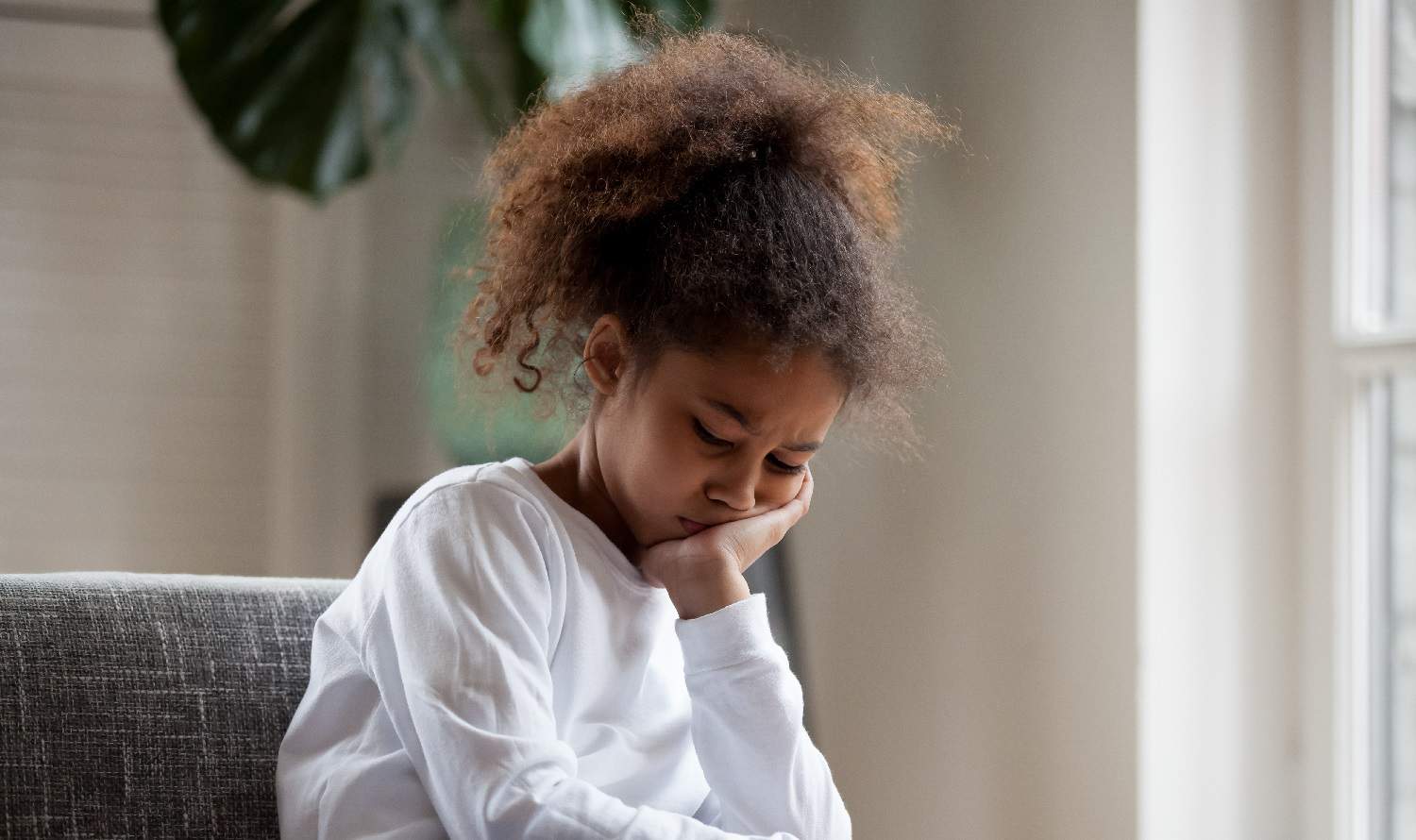The signs your child may
need mental health support
More than 75% of mental health issues develop before a person turns 25.

Open Minds, via our headspace centres in Taringa and Redcliffe, support young people aged 12 to 25 going through a tough time by providing free or low-cost supports in the areas of mental health, physical and sexual health, educational and vocational counselling and alcohol and other drug support.
In support of Children’s Mental Health Week, we’d like to shine the spotlight on the importance of discussing mental health with young people and provide some tips on starting the conversation.
Children’s Mental Health Week runs from 3-9 February, 2020.
The week-long initiative is championed by Place2Be, a UK-based charity providing mental health counselling, support and training to schools.
It aims to raise awareness of the importance of supporting children and young people’s mental health, backed by this year’s theme, Find your Brave.
Bravery means something different to everyone.
For mental health advocacy, bravery could mean asking for help, sharing your worries, trying something new or pushing yourself outside your comfort zone.
The charity’s research has found some alarming statistics, which include:
- 1-in-8 children have a diagnosable mental health problem
- 50% of those with lifetime mental health problems first develop symptoms by age 14
- In the past 25 years, reported depression and anxiety in teenagers has increased by 70%
Indicators your child may be having a tough time
For parents and carers, it can be difficult to recognise if your child is going through a tough time with their mental health.
Mental health difficulties can arise in children from a variety of factors, including school or work stressors, relationships, traumatic events, unhealthy body image and much more.
With the advent of technology and social media, children are being exposed to external pressures from a very early age.
Bullying, cyberbulling and harmful name-calling is also incredibly prevalent among children, with three in five students saying they’ve been bullied at least once.
Here are some possible signs that your child may need support:
• Irregular sleeping habits
• Avoiding social situations, they otherwise would enjoy
• Not performing at their usual level in school or sport
• Experiencing mood swings
• Voicing out-of-character, negative thoughts
• Lacking energy, motivation or concentration
• Changes to appetite and eating
Beyond Blue’s child mental health checklist is a great resource to recognise if your child is experiencing a range of emotional, social or behavioural issues, which could be contributing to their mental health.
Mental health tips for children and young people
It can be daunting opening up to someone about mental health.
For starters, we’ve outlined some tips for good youth mental health.
headspace has developed a healthy action plan, which aims to maintain your health and wellbeing while living a positive and meaningful life.
In the plan, they’ve included seven simple tips you can implement into your daily life to start your journey toward a better mental outlook:
• Get into life
• Learn skills for tough times
• Create connections
• Eat well
• Stay active
• Get enough sleep
• Cut back on alcohol & other drugs
Open Minds and headspace
Open Minds proudly operates two headspace locations in Queensland, headspace Taringa and headspace Redcliffe.
Find a centre near you and make an appointment if you are a young person going through a tough time.
Alternatively, headspace Decks is an interactive and innovative way for young people to learn, engage, develop skills and set goals around mental health.
headspace Decks has five modules available including understanding, stress, staying active, sleep, understanding emotions and problem-solving.
You can also be of any age to access our Open Minds Mental Health Hub at Morayfield if you are in need of support, or you can access our free online peer support forum here.
